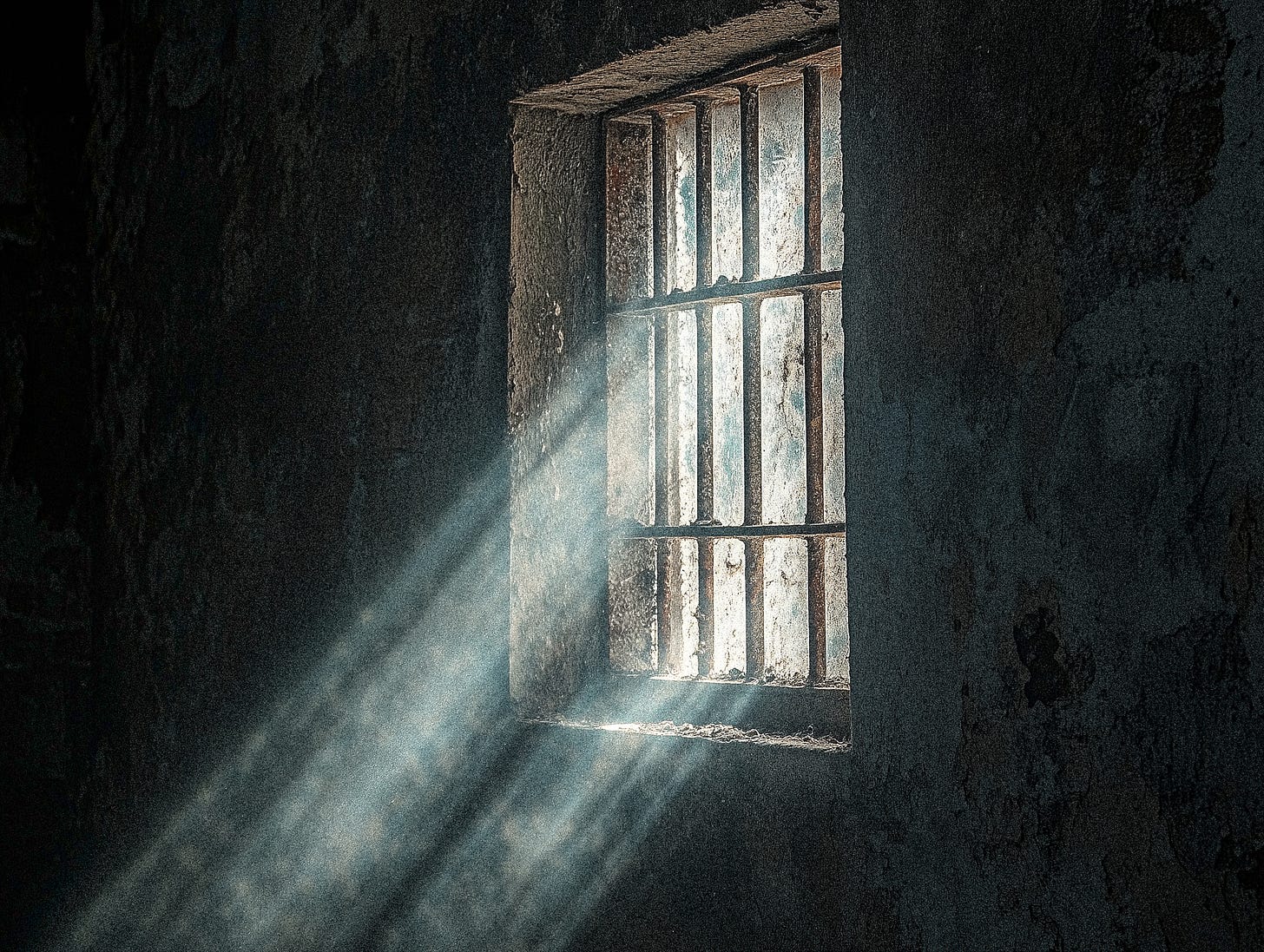The Reasons For and Against the Death Penalty
A brief summary of why people think the death penalty should exist, along with my retorts (as of today).
Hey you,
As you can probably tell, I’m trying something new. I’m going to deliver each of my new pieces in shorter, easier to digest chunks. I’m going to aim for around 500-1000 words each. And I’m even going to try to deliver these bit-sized nuggets of wisdom twice a week. Unfortunately, it’s high season here in Naples, Florida. And my gym needs more of my attention than I have available. So, I might be a little spotty with my post frequency. But rest assured, I’m trying my best!
Here’s the next chunk of “Deadly Dilemmas”. Enjoy!
I think a reasonable place to start discussing the morality of murder is the death penalty. I’ve sometimes been for the death penalty. At the moment, I’m against it. But I’ll be honest, my distaste for the death penalty is built upon a shaky foundation. And I don’t like that.
My reasons for being against the death penalty are basically simple retorts to reasons in favor of the death penalty. Below, for conciseness, I’m going to write the typical reasons that people are for the death penalty, and then my simple counterargument.
An eye for an eye.
An eye for an eye makes the whole world blind.
Keeping people in prison is a great financial cost for society
People on death row will stay on death row for years, and sometimes decades, because of the appeals process. So, death row will always be a great financial cost to society, which nullifies the merit of the financial burden argument. And the appeals process is essential, because of the uncertainty that persists in our legal system.
Capital punishment is a great deterrent for murder.
Very few people get the death penalty. And those that do get the death penalty, are not dissuaded from their evil actions because of its existence. Furthermore, life in prison, if the conditions are harsh enough, can be a better deterrent than death.
The death penalty takes these people out of society, preventing them from causing further harm.
If the jail system is secure enough, which it generally is in America, a life in jail is just as effective at incapacitation as the death penalty.
The families of the victims need closure.
The morality of closure is fragile. This argument breaks down to “The death of this person makes other people feel better.” Feelings and emotions are subjective. And determining the death of another person should be sought through objective measures, not subjective ones.
My goal is to use evidence, data, and reason to determine if the death penalty is morally good or bad. But we will also have to define morality, which I’ve done in the past. Morality, to me, is any action committed that improves humanity in the long-term. If you disagree with my assertion about morality, you can either read my blog on morality and see my argument. Or you can just stop reading this blog. Because everything I say from here on out will be tied to this assertion.
We will go through each of these five arguments one-by-one to determine where the truth lies. And if three or more of the arguments are found to be more compelling, then we will choose the either for or against argument based on the winner.
Part 3 on “An eye for an eye” coming soon…
Read Next: Morality Without Myths
So, what do you think?
Do you like this new format? Or do you not get enough at one time? Let me know in the comments below!
Also, if you like my work, show it to your mom! I’m sure she’ll appreciate thinking deeply about death, rejecting the existence of a soul, and why young people aren’t fucking.



